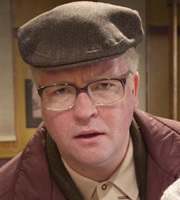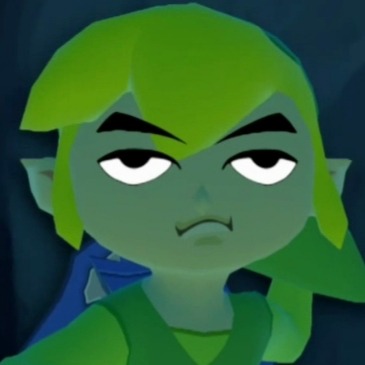- Welcome to Cook'd and Bomb'd.
-
 Jimmy Carr's new Netflix special....
by McFlymo
Jimmy Carr's new Netflix special....
by McFlymo
[Today at 02:57:14 AM] -
 Wrasslin' Talk: Punk out
by Mobius
Wrasslin' Talk: Punk out
by Mobius
[Today at 02:55:09 AM] -
 Boeing whistleblower shoots...
by Cold Meat Platter
Boeing whistleblower shoots...
by Cold Meat Platter
[Today at 02:54:21 AM] -
 Dune: Part Two.
by beanheadmcginty
Dune: Part Two.
by beanheadmcginty
[Today at 02:38:37 AM] -
 The All New Comics Thread...
by 13 schoolyards
The All New Comics Thread...
by 13 schoolyards
[Today at 02:32:23 AM] -
 please kiss orangutan
by Theoretical Dentist
please kiss orangutan
by Theoretical Dentist
[Today at 02:17:20 AM] -
 The King, King Charles, has...
by The Bumlord
The King, King Charles, has...
by The Bumlord
[Today at 02:10:53 AM] -
 How long for the ice cream...
by Theoretical Dentist
How long for the ice cream...
by Theoretical Dentist
[Today at 02:10:48 AM] -
 Trans Mania: Graham Linehan...
by The Bumlord
Trans Mania: Graham Linehan...
by The Bumlord
[Today at 02:01:28 AM] -
 I've decided The Larry Sanders...
by Kelvin
I've decided The Larry Sanders...
by Kelvin
[Today at 01:55:11 AM]
Members
 Total Members: 17,819
Total Members: 17,819 Latest: Jeth
Latest: Jeth
Stats
 Total Posts: 5,578,466
Total Posts: 5,578,466 Total Topics: 106,671
Total Topics: 106,671 Online Today: 1,086
Online Today: 1,086 Online Ever: 3,311
Online Ever: 3,311- (July 08, 2021, 03:14:41 AM)


